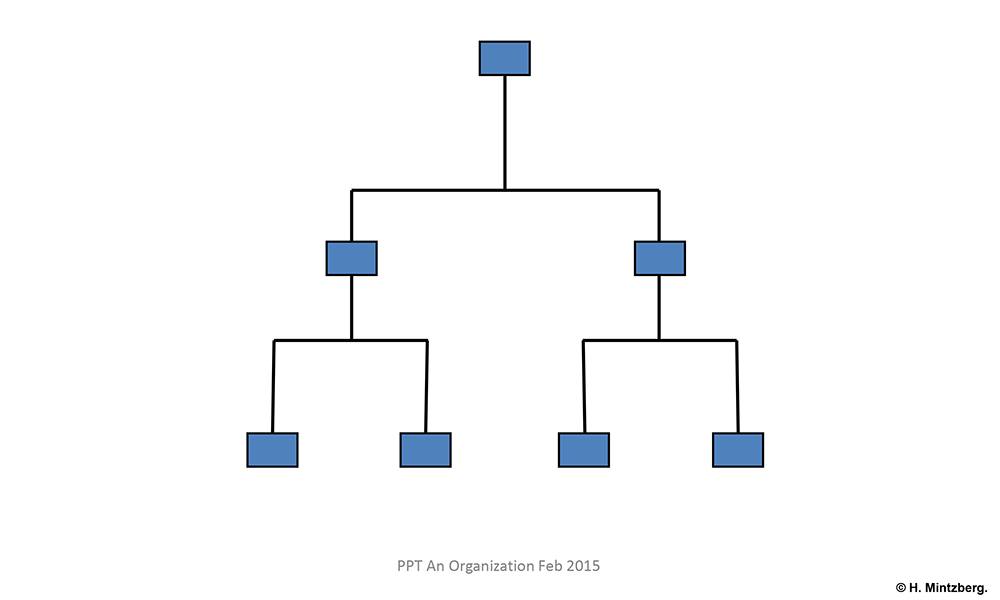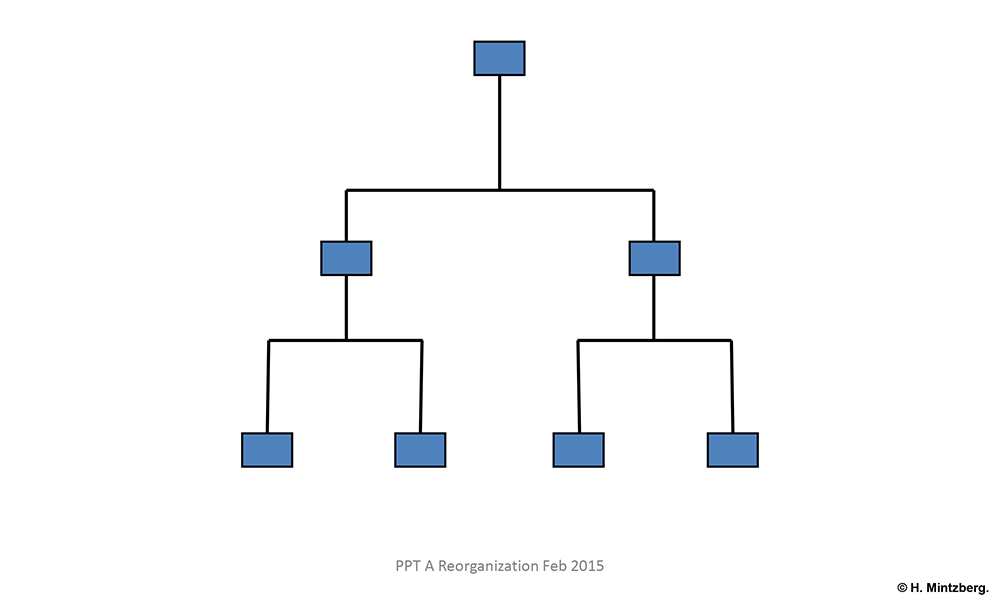Enough Leadership. Time for Communityship.
12 February 2015Heard the word “leadership” lately, for example in the last five minutes? We are obsessed with leadership: say organization and we think leadership. That’s why those organization charts are so ubiquitous. They tell us who sits on top of whom, but not, for example, who talks with whom? Must we be so fixated on formal authority? (Have a look at Figure 1 to see an Organization. Then look at Figure 2 to see a Re-organization.)


Ever heard the word “communityship”? If not, fear not: you won’t find it in a dictionary.1 Too bad, because we need it to put leadership in its place.
Say “leadership” and you invoke the image of an individual—at the limit, the great white knight riding in on a great white horse to save us all (even if headed into a black hole). Everyone else is a follower. Even if the intention of the leadership is to empower other people, its effect can be to disempower them. Do we really want a world of followers?
Think of the organizations you most admire. I’ll bet that front and center is a powerful sense of community. To use a phrase that I cannot repeat too often, effective organizations are communities of human beings, not collections of human resources.
How can you recognize communityship? That's easy. You have found it when you walk into an organization and are struck by the energy in the place, the personal commitment of the people and their collective engagement in what they are doing. These people don’t have to be formally empowered because they are naturally engaged. The organization respects them so they respect it. They don’t live in mortal fear of being fired en mass because some “leader” hasn’t made his or her numbers. Imagine an economy made up of such organizations.
Sure we need leadership, especially to establish communityship in a new organization and to help sustain it in an established organization. What we don’t need is this obsession with leadership—of the individual singled out from the rest, as if he or she is the end all and be all of the organization. So here’s to less leadership, or perhaps better put, just enough leadership, embedded in communityship.
There is a famous line in a Molière play spoken by a character who discovers that he has been speaking prose all his life. Well, it’s time for us to discover that the best of our organizations have been living communityship all their lives.
1. I first wrote about this in 2006 and again in 2009: “Community-ship is the answer” Financial Times, 23 Oct 2006, page 8, and “Rebuilding Companies as Communities” Harvard Business Review, July/August 2009, pages 140-143.
© 2015 Henry Mintzberg